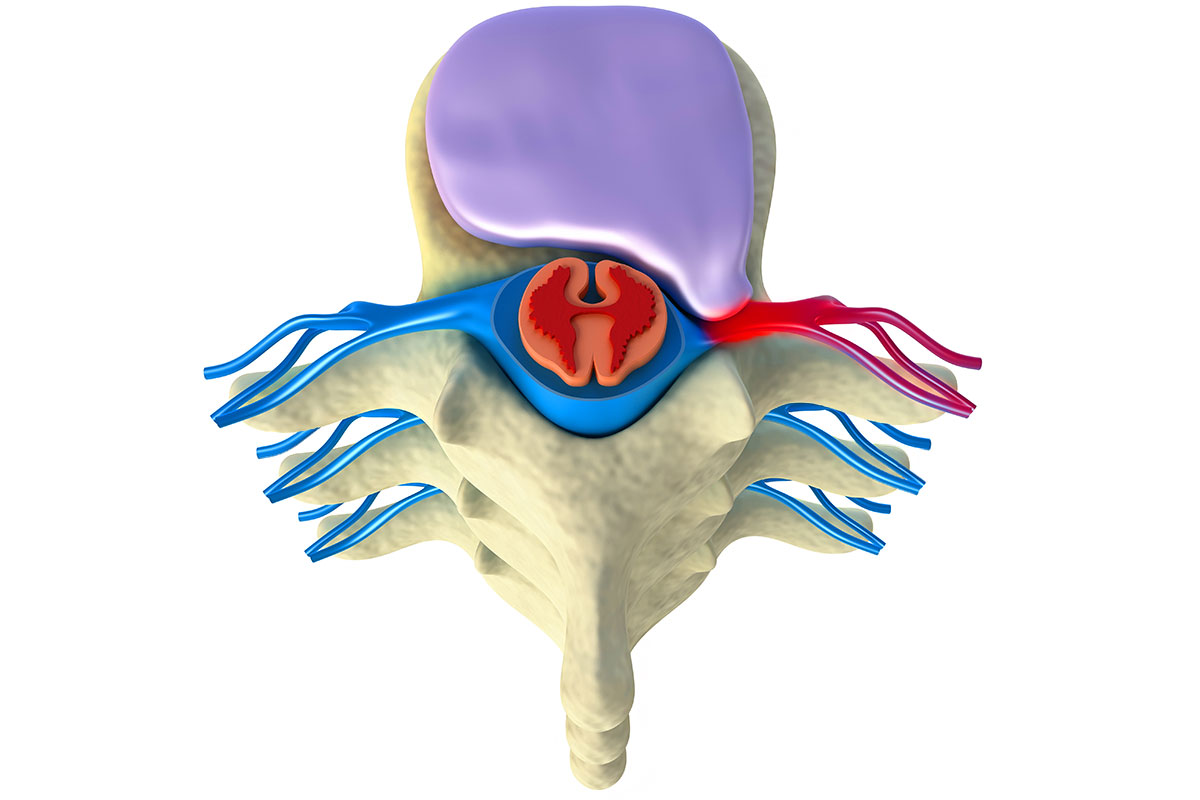Pinched Nerve
In general, a pinched nerve can cause:
- Numbness or reduced sensation in the area innervated by the nerve
- Sharp, aching or burning pain, which may radiate outward along the course of the nerve
- Tingling, pins and needles sensations (paraesthesia)
- Muscle weakness / reduced muscles strength
- Feeling of a foot or hand has “fallen asleep”
Some possible and common causes of pinched nerve, include:
- Injuries/accidents
- Herniated disc with nerve compression – by far the most common cause of radiculopathy
- Spinal stenosis – more common in elderly adults
- Repetitive mechanical stress to the nerve or surrounding tissues
- Nerve root injuries (Whiplash injuries)
- Local muscle spasm
- Scar tissue from previous spinal surgery that is affecting the nerve root

Can Chiropractic help with your “pinched nerve”?
Chiropractors are highly trained to help manage this problem effectively and conservatively. Conservative methods of care like chiropractic spinal adjustment, spinal traction, soft tissue therapy and myofascial release are options for individuals who want to avoid invasive surgical procedure. In many cases, there are good success from Chiropractic care, especially “pinched nerve” in the neck or the lower back. As mentioned, there are many potential causes that can result a nerve to get “pinched”. Chiropractors specialize in reducing these stressors to pinched nerves as well as prevent them. However, if nerve root compression is too severe, you might be referred to an orthopaedic doctor to discuss some other options.
Schedule a 1-on-1
Consultation Today
Address: Block 231 Bain Street, #04-49 Singapore 180231.
Mobile: +65 9854 6806
